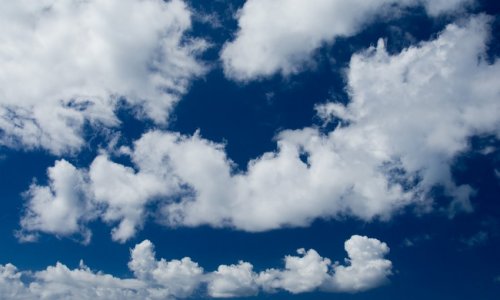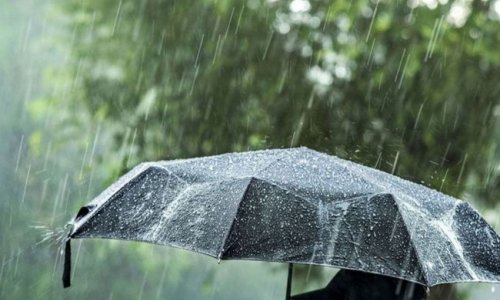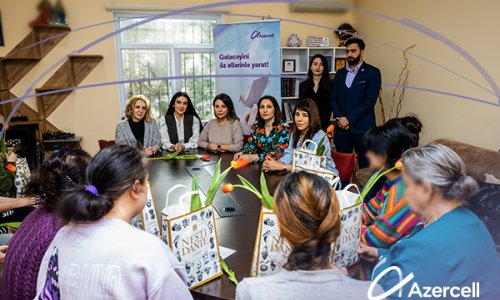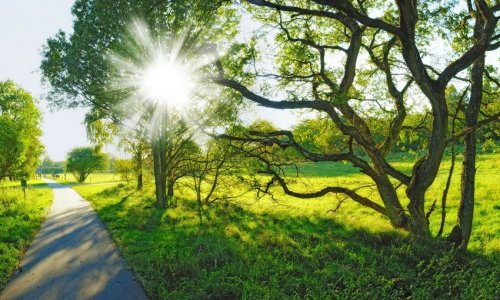Nora Ephron, in her ode to ageing, I Feel Bad About My Neck, wrote: “If anyone young is reading this, go, right this minute, put on a bikini and don’t take it off until you’re 34.” Somewhere in the history of womankind, mother nature was consulted and apparently the age at which we are beyond our use-by date is around 35. This cloak of social invisibility is of course the age our fertility drops and that, according to internet sources, means women without children become both “desperate” and ugly. Or in the words of one 38-year-old (single) male discussing the cons of pursuing women over 35 on an internet dating board, they are “less humble, overly picky and demanding and also have a real bad attitude and bitterness towards dating.”It is true that I am writing this two weeks shy of my 39th birthday, so ageing is on my mind. I’d be lying if I said that I’m ok with it, but it’s precisely this that I have a problem with. It’s not a paranoia unique to me – rather a creeping feeling that, as a woman, I am edging towards a worthlessness that society has constructed around my age.This week, artist Molly Crabapple wrote a piece on turning 30. “Thirty is supposed to be the beginning of the end of hot girlhood,“ Crabapple writes. “Sexual attractiveness is too red-raw basic to deny. It's the one power the world grudgingly grants to women. The half-true caveat is that you're on borrowed time. With care, beauty fades slowly. Youth's juicy smoothness fades fast.” She concludes that, “Staying alive has power. The years should give you competence and toughness along with the battle scars. You've survived. Fuck anyone who would keep life's beauty from your grasp.”I want to thrash the hour glass, I have learnt as most women do, that youth’s elixir accounts for so little of who you turn out to be – a discovery so often made with dwindling sexual attention. Ageing men, on the other hand, in making similar self discoveries are elevated to elder statesmen (and their gaze turns to younger women). But older women, knowing who they are, and with things to say, feel their volume fading.I am sure many women who are older than me are reading this, thinking as I did when I read Crabapple’s piece, “don’t worry, you still have it easy.” I’m loathe to guess how I’ll feel about reading this myself at 50. Resigned to the fact that this is just how it is? Lamenting my 30s as the last of my female visibility? I hope not. I feel the issue is deeper than the $88bn anti-ageing industry and compounded by much more than consumerism. It’s tied up with feminism and how we value women – as if our worth was based on an expiry date. Society’s ear tuned in according to our age, our usefulness attached to our fertility and appearance.This is about much more than our sagging breasts, our pickled skin and our marching cellulite – it is about our growing voice, extinguished at the moment it has the most to say. And yes, Helen Mirren and Meryl Streep might be great "older ladies" role models, but there are only a handful of actresses in similar positions, compared to their thousands of male counterparts.Should we not fight to reclaim our worth, at all ages? Do we fear being called old and bitter? Enough. It’s time to age disgracefully. To do otherwise is to buy into the role society wants us to play – and it’s hard to get attention, dignified or not, once you’re invisible.(theguardian.com)ANN.Az
Women, it’s time to age disgracefully
Society
23:30 | 30.01.2014
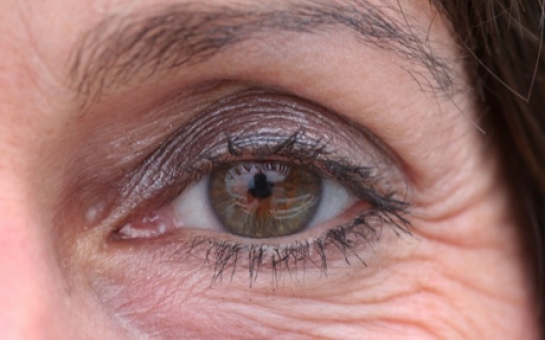
Women, it’s time to age disgracefully
Feminism has encouraged us to accept our gender, our bodies, our sexuality and our desires. But rarely do we hear we have to accept our age. Amongst our protests against size zero, our growing admiration of plus-size models, and our education around Photoshop machinations, we've left the glorification of feminine youth intact. Being told you look younger than you actually are is still a form of flattery, an odd construct of a compliment that we are, happily, not what we appear to be. The value society places on women’s age has led us to feel shame about the most human of things – getting old. Age is a feminist issue, in the same way that gender, race, class, ability and sexual orientation are.
Follow us !

